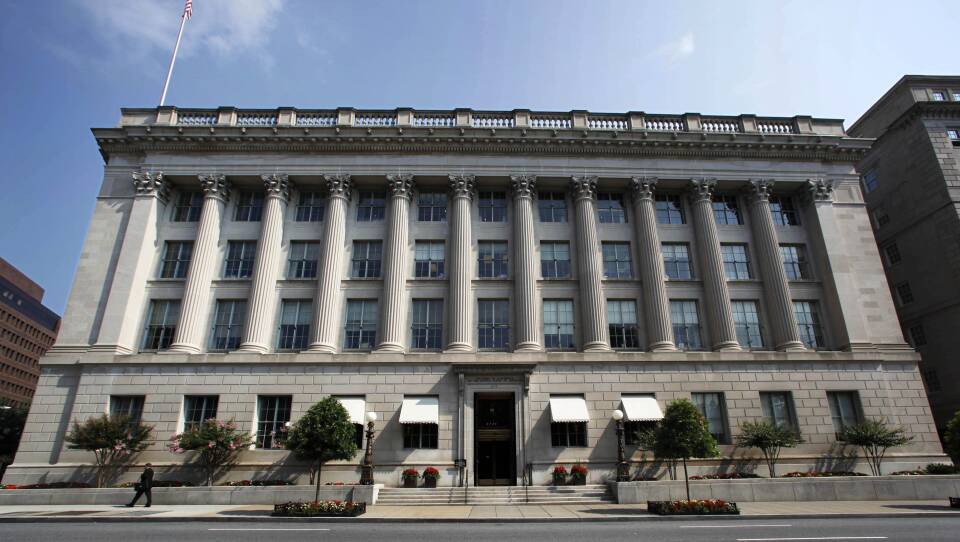A federal judge's ruling in Texas that an agency created to help minority-owned businesses must extend its services to every race has New England business equity advocates concerned about the decision’s potential to impede their work.
U.S. District Court Judge Mark T. Pittman ruled Tuesday that the federal Minority Business Development Agency’s presumption that Black, Latino and other minority business owners are inherently disadvantaged is unconstitutional. In his 93-page opinion, the Trump appointee permanently blocked the 55-year-old agency’s business centers from assisting businesses based on race.
Peter Hurst, the president and CEO of the Greater New England Minority Supplier Development Council, says the “misguided” ruling is part of a larger “line of attack” against a bigger movement to correct the country’s history of racial inequity. Hurst's development council operates the Massachusetts MBDA Business Center.
“It misses the point that there's been a legacy of unequal treatment and equal opportunities for businesses owned by people of color in this country,” Hurst told GBH News this week. “The whole purpose is not to take away from someone, but to make the pie bigger."
The decision follows the Supreme Court’s ruling in June against race-based admissions practices of Harvard University and the University of North Carolina at Chapel Hill. In July a Tennessee federal judge ruled that the Small Business Administration had to overhaul a program focused on racial equity.
Hurst says he’s concerned not only about the impact on small businesses around New England but about the larger impact on the region’s economy.
“It’s not just something that has a moral implication. It's certainly something we should feel bad about, but it also has an economic consequence,” he said. “Minority business development is good for … generating economic output, job creation and maintenance that benefits the Commonwealth, benefits the New England region and benefits the country.”
Over a five-year period, the racial divide in wages, housing, investments and wealth had an estimated cost to Massachusetts of $25 billion, according to a 2021 report from the Massachusetts Taxpayers Association. In January, Gov. Maura Healey announced a plan to reopen public contracts to provide more opportunities for minority-owned small businesses. A GBH News analysis showed that Black-owned businesses’ share of state contracts declined by 24% between 1998 and 2018.
Daliza Nova, the head of development and strategy at diversity advancement nonprofit Amplify Latinx and a former program director at the Massachusetts chapter of the federal Minority Business Development Agency, described the decision as a “heartbreaking step backwards” that will make it difficult for organizations to focus their resources on those who need them.
“The attack on these programs comes from this idea that we should be very inclusive, and we agree we should have an equal society,” Nova said. “But the reason they exist isn't because they're meant to exclude — they're meant to correct. It’s like, how long have you been thinking everyone is equal? Because for a very, very long time, that was not the case. That’s why this exists.”
Amplify Latinx’s Latino Business Advancement program, which provides coaching in Spanish to “micro” businesses with annual revenues under $250,000, has never excluded applicants based on race, Nova said. “I don’t think a white business is going to come get training in Spanish,” she said. “But if they do, hey. We’ll work with it.”
Still, Nova says she’s concerned about Tuesday's decision as part of a larger legal trend of attacks on affirmative action and diversity initiatives across the country, including recent laws banning the teaching of African American history in schools.
“We should all be concerned, it's something that affects all of us,” she said. “It's truly just an erasure of our history, which has been used to educate and create programs that have come about as an acknowledgement of this painful history.”





